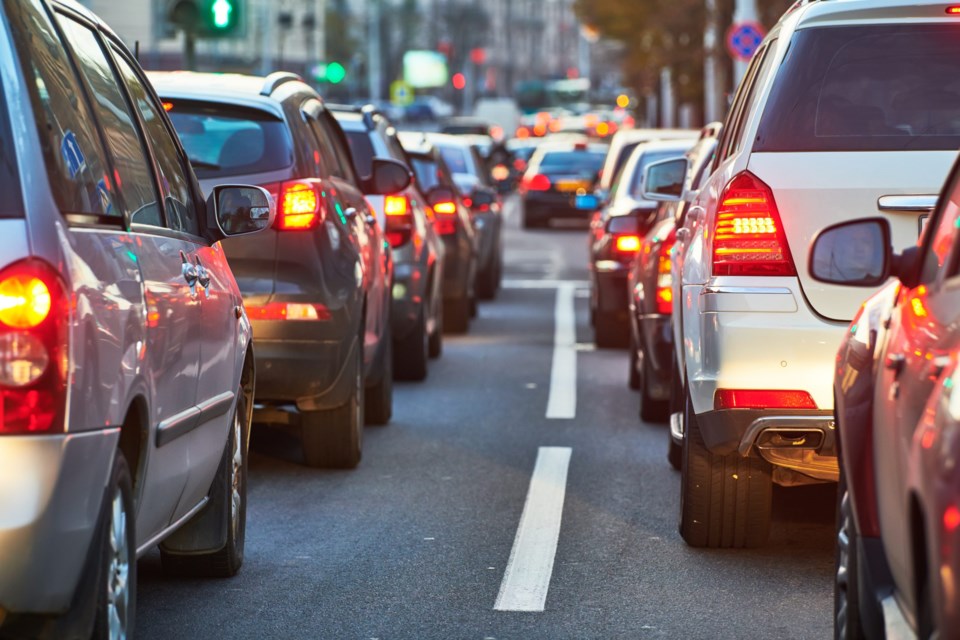Workers in the Dallas-Fort Worth area experience some of the worst daily commutes in the nation, according to a new SmartAsset report. Cities like Garland, Plano, Arlington and Dallas made the top 100 worst commutes in the country.
According to SmartAsset (via Culture Map Fort Worth), Garland residents have the third worst commute in the country. It's joined by Arlington (No. 33), Fort Worth (No. 47), Irving (No. 50), and Plano (No. 52) for the worst commute times.
The majority of workers in Garland, Texas, are commuters (86.1%), averaging the seventh-highest commute time at approximately 30 minutes. However, about 9.1% of commuters experience drives over one hour. Overall, the average commute time increased by 2.37% between 2016 and 2021.
Houston and Dallas tied for 23. The average commute time in Dallas is 25.7 minutes and in 26.1 minutes in Houston. But in Dallas, 6.5% of workers experience a "severe" commute of 60 minutes or more — 5.8% in Houston.
SmartAsset explains that despite the rise in remote work since the pandemic began, the average commute time went down by just one minute in five years. The national average decreased from 26.6 minutes in 2016 to 25.6 minutes in 2021, while the percentage of remote workers tripled in half the time.
"Workers in 2023 will average almost 222 hours (or a little over nine days) driving to and from work," the report said. "And these hours spent in transit cost commuters more than just their time. The price of fuel, public transit passes and other commuter-related costs can add up quickly."
In order to rank the cities, SmartAsset compared data from the Census Bureau’s 2021 one-year American Community Survey of 100 of the largest cities in the U.S. The site then looked at six factors to determine the results: percentage of workers who commute, average travel time to work, transportation as a percentage of income, percentage of workers with a commute longer than 60 minutes and five-year change in both travel time and rate of workers with long commutes.




